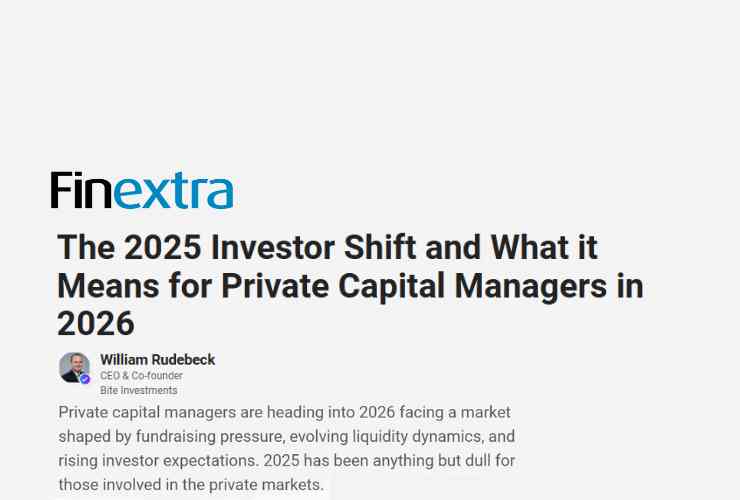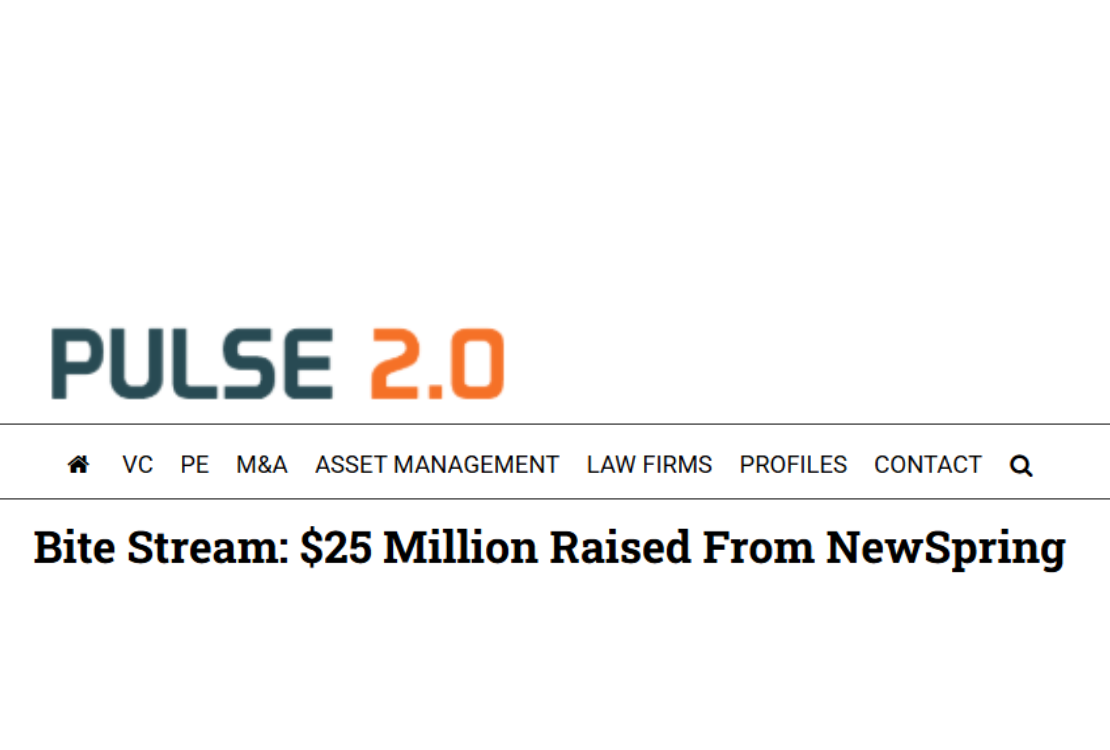Private equity is on a fast growth track. According to Deloitte, GlobalData’s proprietary forecast, global private equity assets under management (AUM) reached $4.5tr in 2019. In its data, Blackrock noted that private alternatives have more than tripled since 2007, increasing from $2.5tr to $8tr with private equity driving most of that growth. Over the past decade, private equity assets have increased at a compound annual growth rate (CAGR) of 11%. GlobalData’s outlook is for private equity to continue its growth trajectory at a CAGR of 7.4% over the period from 2019 to 2024.
So, what is driving private equity’s growth? There are several contributing factors ranging from high net worth (HNW) individuals’ greater demand for private equity investment to new FinTech companies affording greater access.
Drivers for HNW Investors’ Interest in Private Equity
HNW investors are becoming increasingly more sophisticated. They are more focused on their return on investment (ROI) and portfolio diversification. With interest rates very low, near zero or negative in much of the developed world, and inflation negligible, HNW investors are especially dissatisfied with the yields coming from traditional asset classes (i.e., equities and fixed income). Even the stock markets, which have performed well over the past decade, are cause for concern with many equities believed to be overvalued. With correlation risk rising, market volatility is of concern making diversification a higher priority. Additionally, the belief that gains in the bond market will offset stock market losses is no longer true, making private equity more attractive.
Even the global pandemic, which did impact all financial markets including private equity, did not halt HNW investors’ interest in this alternative investment. Despite global private equity buyout and exit transactions having decreased by 60% and 72% between January and April 2020 respectively according to data from Goby, the private equity industry is sitting on a record amount of “dry powder”. This term is used to describe cash or marketable securities that are low-risk, highly liquid and convertible to cash. These funds are held in reserve to be used for emergencies and/or opportunities that arise. In September 2020, North American-based private equity firms alone were holding $976bn in dry power in September 2020 according to Preqin.
There is also the exclusivity factor that has been driving HNW individuals toward private equity. Historically, private equity has been the domain of institutional investors. In certain regions, including China, Singapore, the Philippines Switzerland, the perception of exclusivity holds particularly high value.
Wealth managers too are playing a role in their HNW clients’ growing interest in private equity. GlobalData’s 2020 Global Wealth Managers Survey found that 44.6% of wealth managers expect global HNW demand for alternative investment to increase over the next 12 months. This will be facilitated by new fintech companies who are making investing in private equity much more feasible.
New Fintech Opening up Private Equity Opportunities
Despite growing interest in private equity, the high buy-ins (typically in the $25m range) and long lockdown periods (some as long as 10 – 12 years) were a deterrent for many HNW investors. Those obstacles are now being mitigated by fintech companies. They are addressing the barriers blocking accessibility to private equity (i.e., oversubscription, illiquidity, institutional-level minimum buy-ins, etc.) by facilitating private equity investing that requires lower initial buy-ins and shorter lockdown periods. They are providing these investments on leading-edge online platforms that provide a fully-integrated, seamless investment experience, whether executed directly by sophisticated investors or by their wealth managers.
In use, the investor or wealth manager creates an account and logs in to access funds, performs due diligence, selects and investment opportunity, and invests online by requesting allocations and signing subscription documents. The best fintech platforms have already conducted extensive research and performed the essential due diligence processes for fund selection, thereby mitigating regulatory/compliance risks associated with sophisticated alternatives.
For wealth managers, onboarding a client and performing Know Your Customer (KYC) due diligence have been significantly streamlined, resulting in both time and cost savings with reduced need for third-party legal and administrative support. Monitoring a client’s private equity investments has also been simplified with easy access to client data from a centralised, secure, encrypted data repository which also enables a comprehensive audit trail.
Closing Remarks
Based on the latest data from GlobalData, HNW investors are currently allocating 3.4% of their onshore portfolios to private equity. This year, that figure is projected to rise to 4.4%. Some regions are showing higher allocations to private equity than others. In 2020, HNW investors in the United Kingdom, Germany and India led with allocations of 8.8%, 5.3% and 5.1% respectively, projected to grow to 12%, 5.7% and 7.6% in 2021 respectively. Leveraging advanced digital solutions that enable manageable investment sizes and lock-up periods, the demand for private equity is likely to continue growing.
Will Rudebeck is Chief Executive Officer for Bite, having founded the business in 2018. Previously, Will founded Venture Capital Partners (which subsequently became VCP Advisors) in 2009. VCP has since become a leading Alternatives Asset Management advisory business, which has successfully advised on fundraisings for alternative investment funds aggregating over $13bn. In 2019, Will stepped down from the day-to-day running of VCP to focus 100% of his time on the build out of Bite. Before founding VCP, Will specialised in investment banking within the financial institutions group (specifically advising alternative asset managers) at HSBC, Grisons Peak and Danske Bank.




